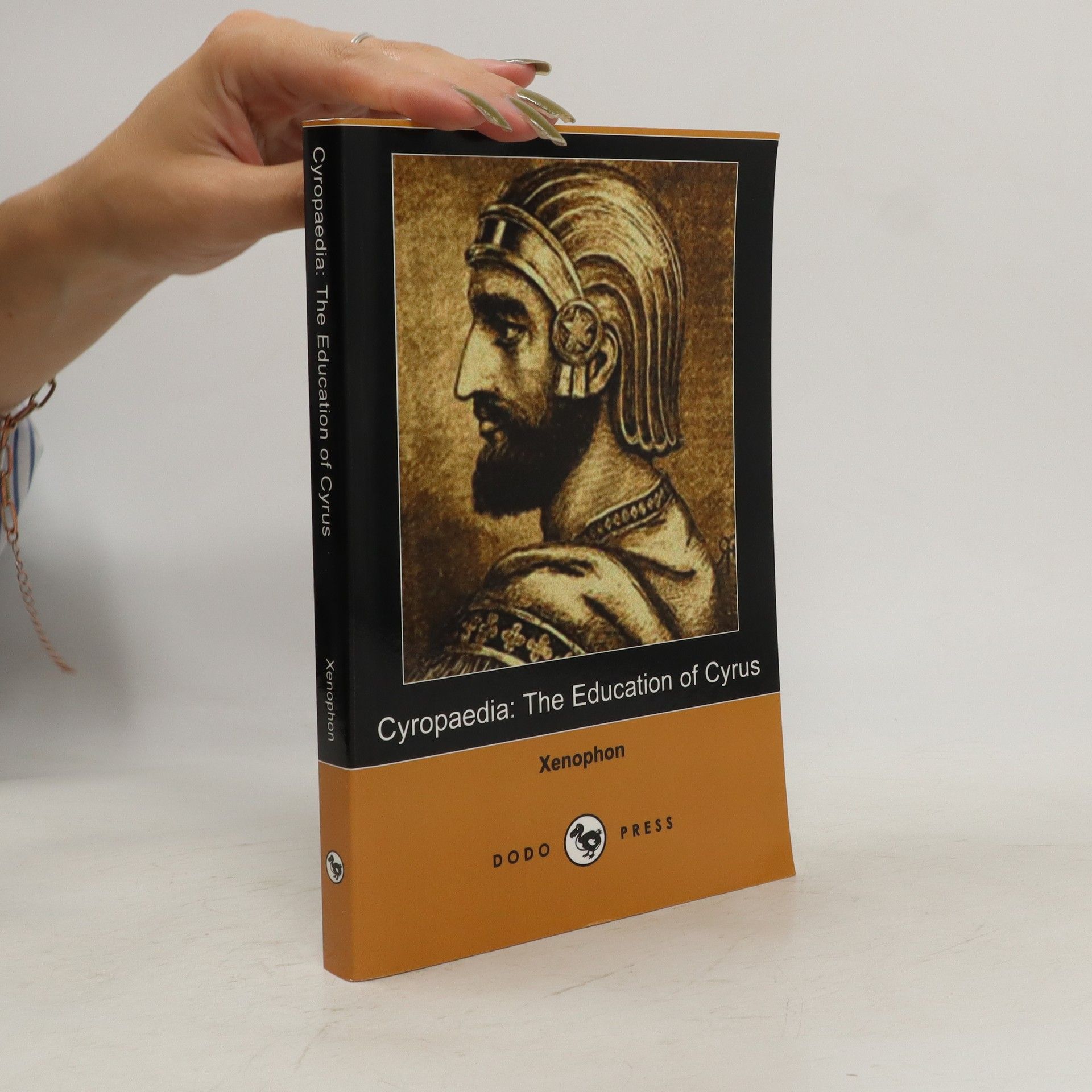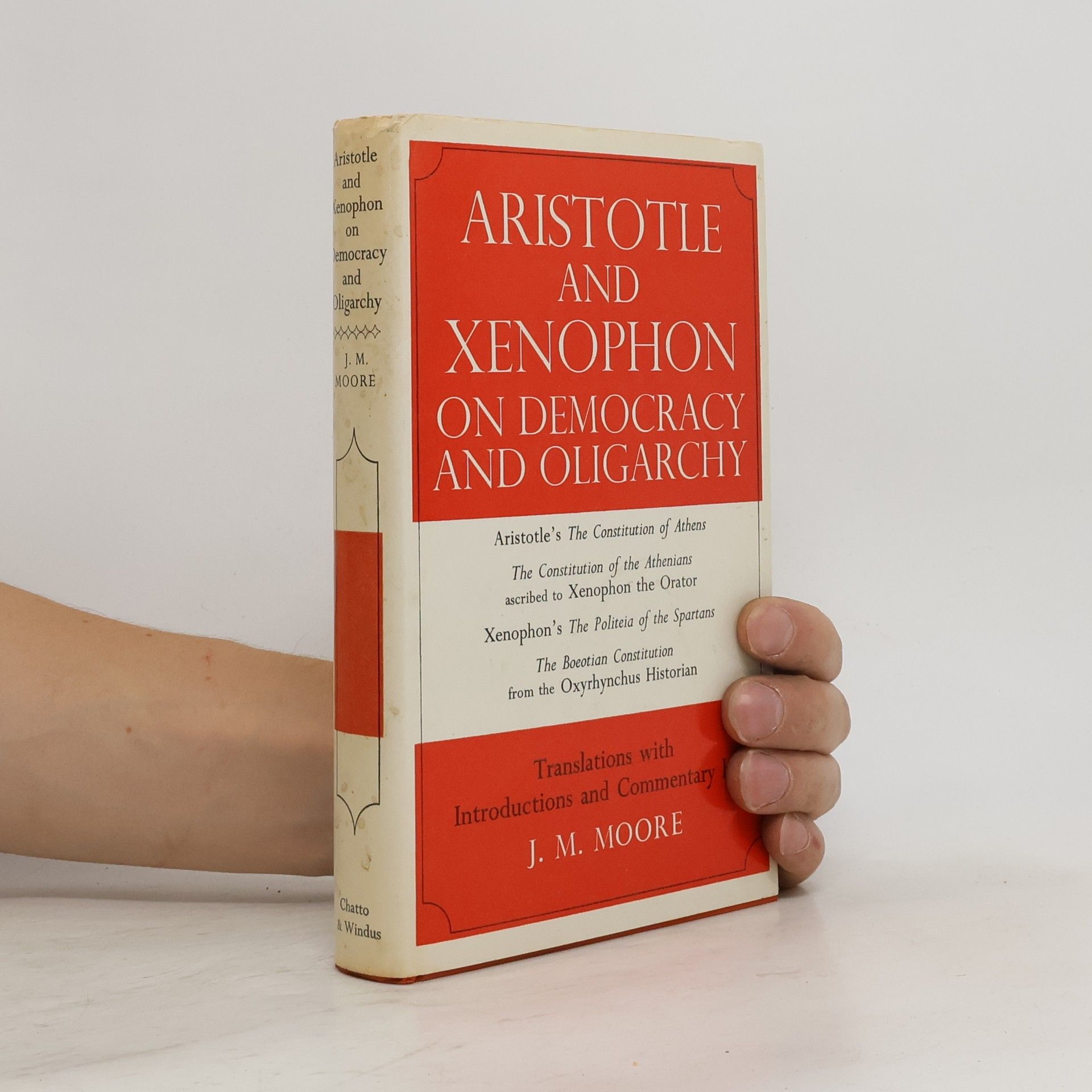Xenophon's Cyrus the Great : the arts of leadership and war
- 320 páginas
- 12 horas de lectura
Twenty-five hundred years ago Cyrus, a great Persian leader of wisdom and virtue, created the Persian Empire, conquered Babylon, freed forty thousand Jews from captivity, wrote mankind's first human rights charter, and ruled over those he had defeated with respect and benevolence. The Iranians came to regard Cyrus as "The Father," the Babylonians as "The Liberator," and the Jews as "The Anointed of the Lord." The Greeks called him "The Law Giver," and a century after Cyrus's death, an admiring Xenophon of Athens wrote an epic account of Cyrus's many leadership principles at war and at peace. By freshening the voice and style that Xenophon ascribed to Cyrus, [the author] has fashioned a more intimate Cyrus. A new generation of readers, including executives, managers, and military officers, can now learn from Cyrus's leaderships and wisdom in Xenophon's narrative.--Back cover of book.





